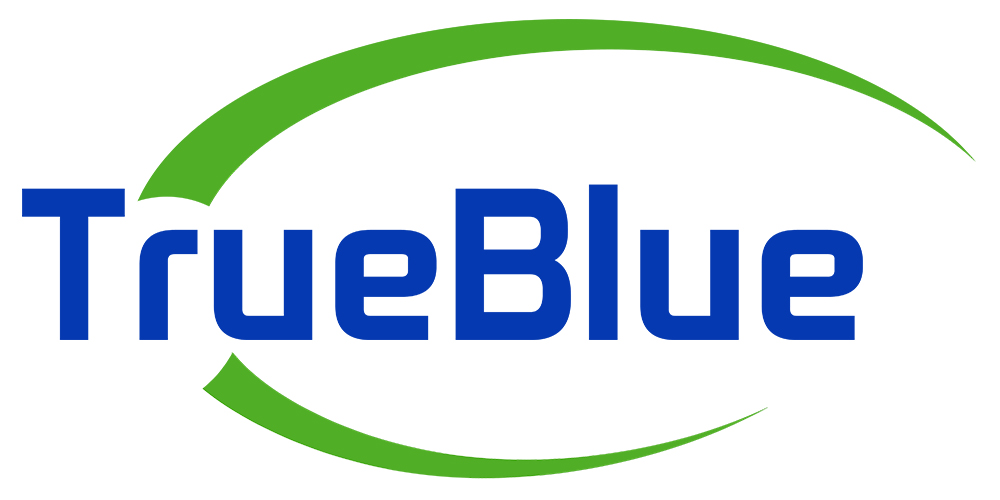Viruses are scary. They can damage your computers, corrupt your network and steal information. Just like the common cold, its not a question of if you get one, it is when. Computer viruses are a constant threat. IT professionals know that the best way to deal with a virus is prevention. The following are a few ways to keep you and your data safe in cyberspace.
Don’t Open Suspicious Emails
You’ve probably heard this one from a friend or an employer: don’t open any suspicious emails. But how can you tell if an email is legitimately from a familiar company or person without opening it? Sometimes this can be difficult to judge, especially if you’re in a position which receives many emails a day from unknown parties including business inquiries or potential new customers. Even an email which appears to have a trusted friend’s name attached may not actually be from him or her. The act of email “spoofing”, or making an ill-intentioned email look legit, is becoming a common occurrence. The best way to identify this kind of email is to use your instincts. If anything about it feels out of place or sketchy, it probably is.
Generally, this type of email will be either phishing for information or trying to get you to click on a link. Remember, no one should ever ask for your passwords, social security number or other sensitive information via email. Never put this type of information in an email. Ever. Other emails will try to lure you into clicking a link with an innocent statement or two designed to play on your curiosity (example: Hi Bob! Check out this awesome site! <Dangerous Link>). This email spoofed to look like a friend’s message may even refer to you by name in the body of the email. Clicking this sinister link will download a virus directly to your computer which will then start to wreak havoc. If you suspect that you have received a suspicious email, contact your IT Administrator and follow his or her instructions.
Be Careful Where You Click
While mainstream websites are usually a safe place to be, most contain advertising of some sort. Clicking on an ad here or there is harmless for the most part, but some can lead you down an undesirable and dark alley of the internet. Next thing you know, you are hit by a barrage by a gang of pop-ups and in effort to fend off a cyber-mugging, you accidently click on one of them. Although you manage to get away and out of the internet entirely, more pop-ups and other weird things may happen to your computer. This scenario is all too common and sometimes the result of such attacks may not be apparent until a virus has a strong hold on your system.
How does one avoid this? Generally, you shouldn’t click on any ads on the internet. If you find one interesting, you should follow up with your own research on a search engine. However, ads are everywhere and clicking one by mistake can happen to anyone. If you suspect you have contracted a virus via ads, contact your IT Administrator.
Never Saving Passwords in Browser
We all need to remember a myriad of passwords for different systems, how can one possibly keep straight which password goes where? Many people allow a web browser to save passwords for any given site. While this practice is convenient, it leaves this crucial piece of account information open to viruses and other unwanted intrusions. The best way to keep your passwords safe is to never save them in a web browser when given the choice. Better still is to configure your web browser to never save passwords or even ask to save them. Ask your IT Administrator if your browser is configured this way.
Even though this method will force you to remember passwords more often, it is the best practice to keep your information secure.
In the end, the best plan to safeguard your computer from viruses is prevention. Vulnerabilities vary by business and industry, and True Blue‘s priority is the integrity of your data with a plan customized for you and your team.
